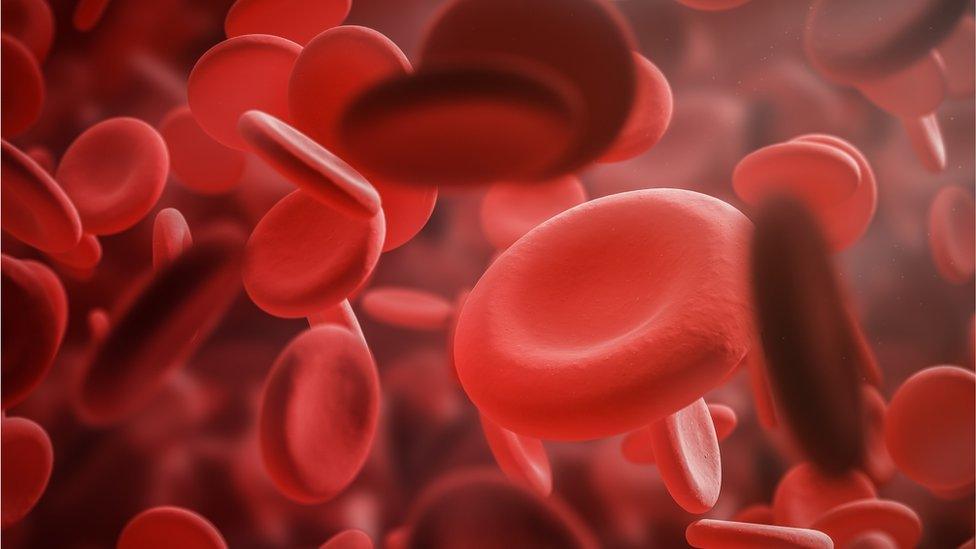First malaria treatment approved for babies
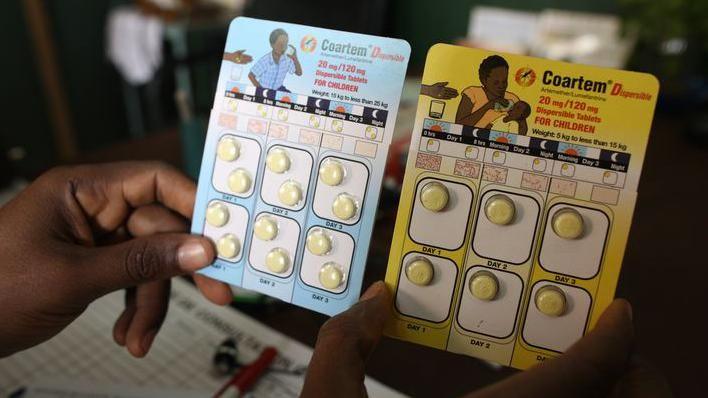
Malaria treatments are already available for children but not specifically for babies
- Published
A treatment to help babies and very young children infected by malaria has been approved.
Malaria is a disease spread by a particular type of mosquito and can be life-threatening if it isn't treated quickly.
It is particularly harmful for young children and babies and until now, there hasn't been a treatment specifically made to help them.
It's expected to be rolled out in African countries - where the deadly disease is most commonly found - within the next few weeks.
More on malaria
- Published7 October 2021
- Published22 January 2024
- Published25 April 2024
What is Malaria?
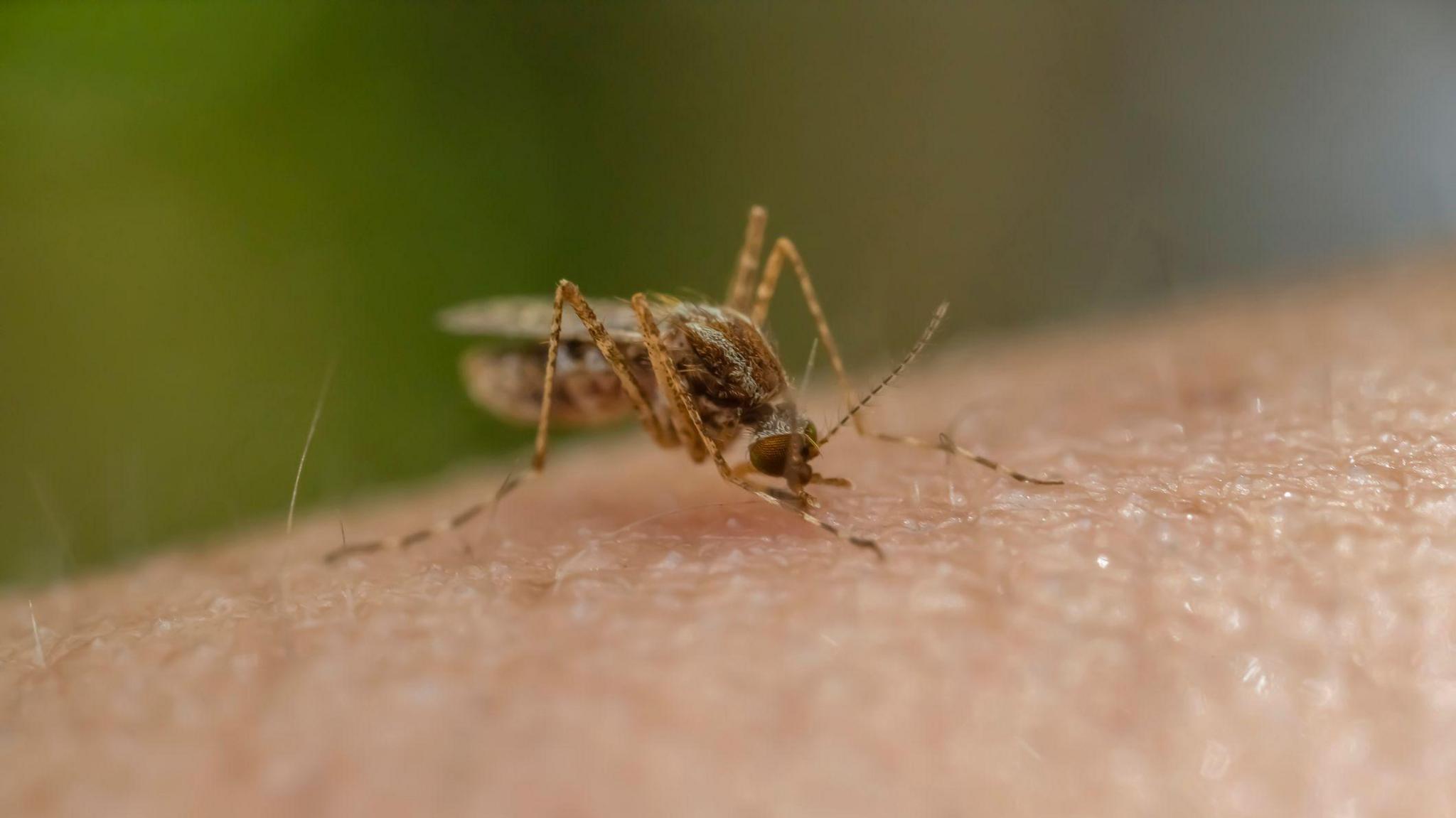
Malaria is a deadly disease caused by a particular kind of infected mosquito called the Anopheles, which is typically most active at night.
It's a huge problem in countries across Asia, Africa and South America.
According to the World Health Organisation's (WHO) most recent figures, there were around 263 million cases of malaria in the world in 2023.
Most cases occur in Africa (94% in 2023) and the disease is particularly harmful to young children.
Malaria is not found in the UK and you can't catch the disease from another person.
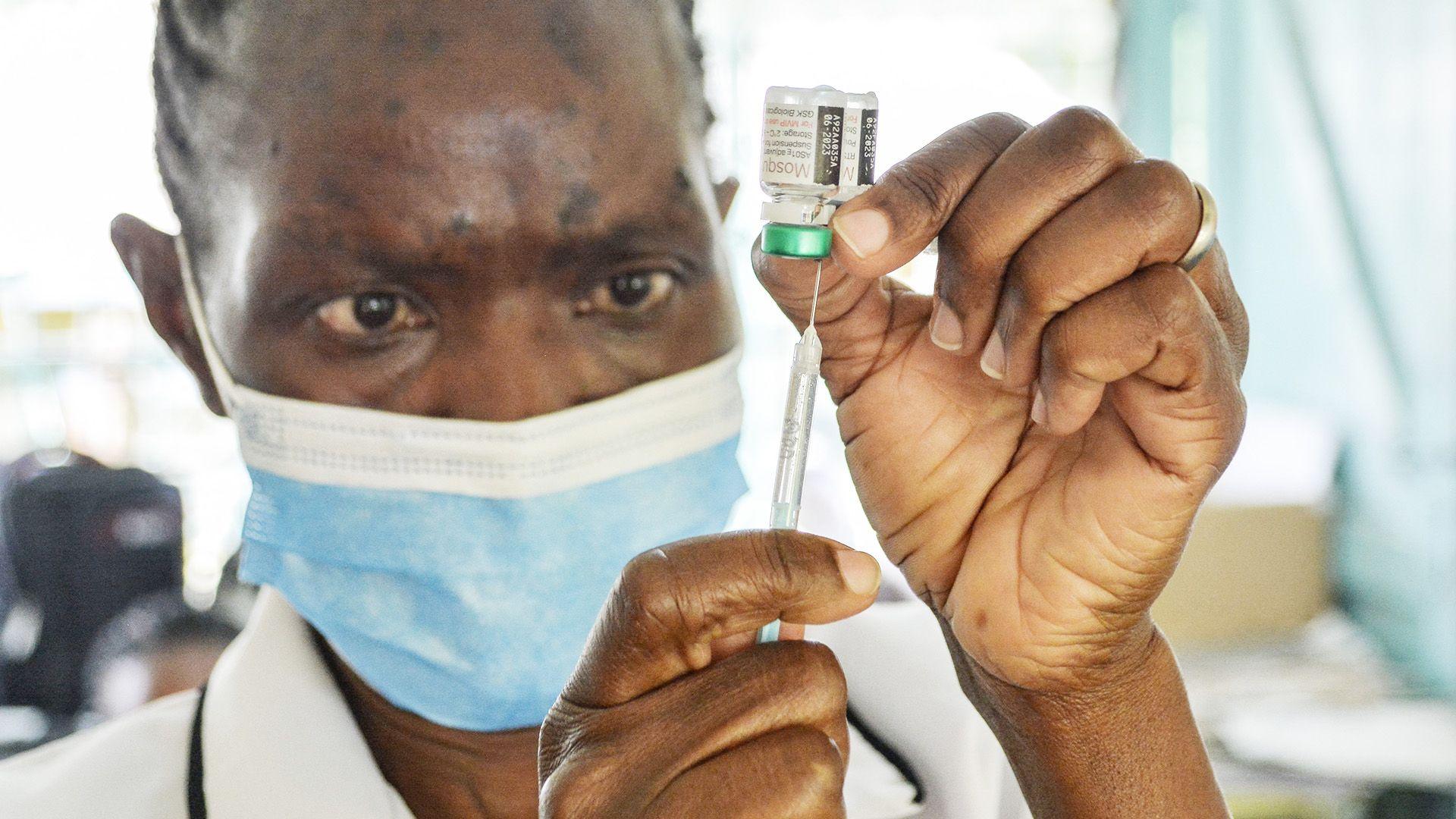
The malaria vaccine has helped with management of the disease
A vaccine to help prevent cases of malaria was recommended by the WHO in October 2021 and has helped to reduce the amount of deaths due to the disease.
Malaria treatments for children do exist but not specifically for very young children and babies.
This is the first time a drug to treat Malaria in young children has ever been approved.
Previously they have been treated with medicine designed for older children which is a risk as babies' livers are still developing and their bodies process it differently.
It's been developed by a company called Novartis and it is planning to introduce it in a way that means they don't earn a profit - it makes the healthcare more accessible.
Chief executive Vas Narasimhan said it's an important moment: "The smallest and most vulnerable can finally receive the care they deserve."
More stories like this
- Published1 December 2024
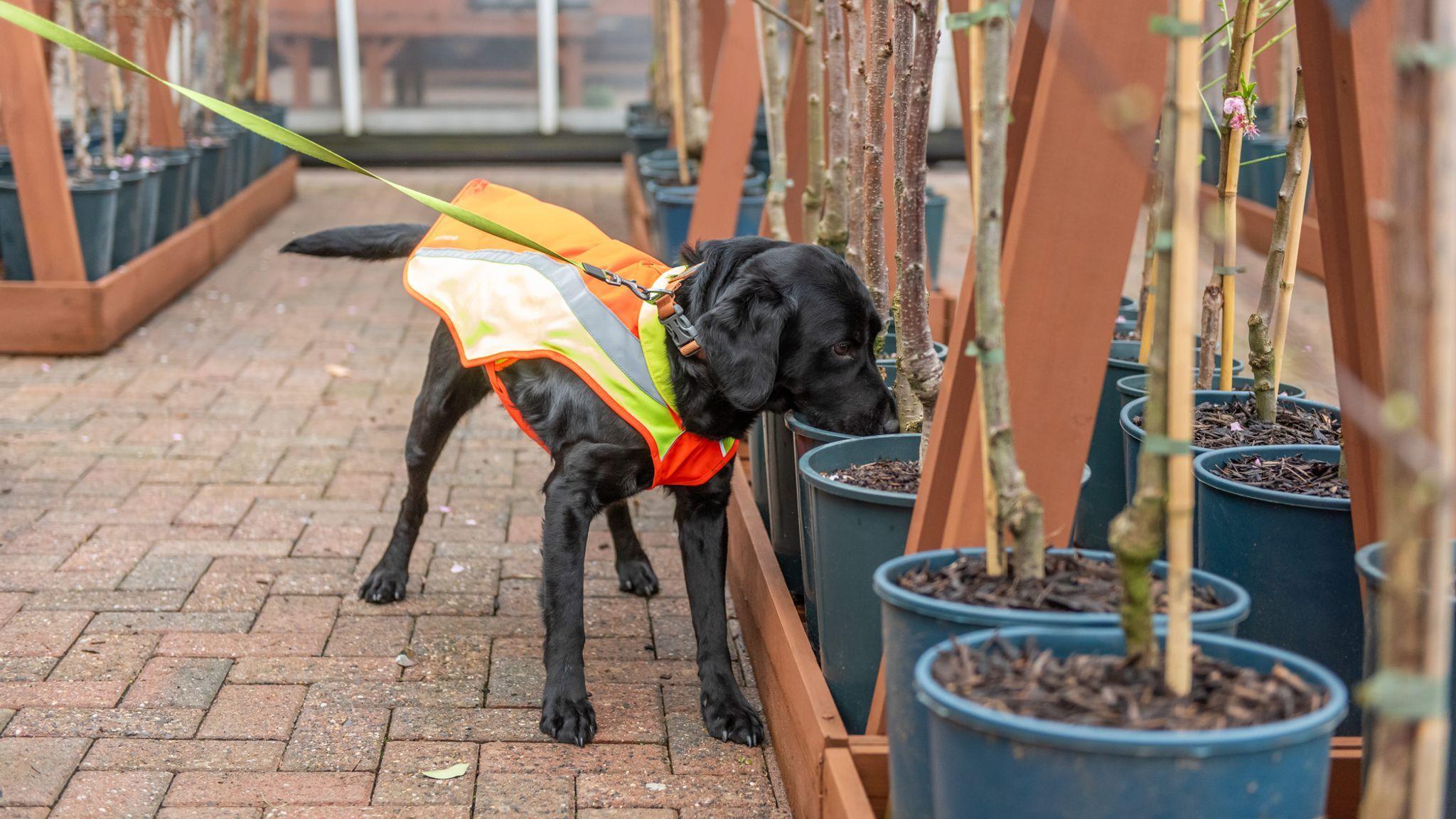
- Published23 June 2023

- Published22 July 2022
